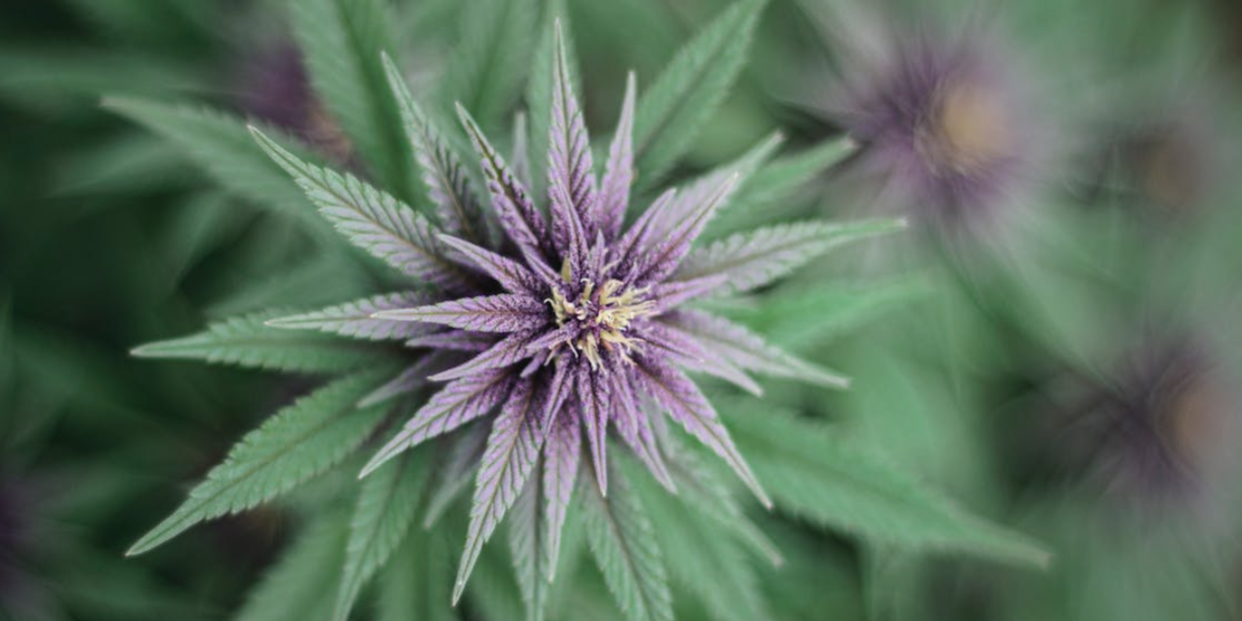A study at Columbia University Mailman School of Public Health and The City University of New York found that the rates of cannabis use and daily cannabis use have increased across the U.S
Current cannabis use and daily use are substantially higher among individuals residing in states that have legalized recreational cannabis use, relative to those where cannabis use remains illegal. The study also found that rates of cannabis use are even higher among Americans 12 and older who smoke cigarettes, and who reside in states with recreational cannabis laws, compared to those who live in states where cannabis was illegal in 2017.
“Based upon over a decade of data, cannabis use was markedly more prevalent in states where recreational use is legal for adults, relative to states where it was not in 2017. Yet, the increases in cannabis use during this time period were as fast, or faster, in states where cannabis use is prohibited by law, relative to states that had legalized for recreational use by 2017,” said Renee Goodwin, PhD, adjunct associate professor of epidemiology at Columbia Mailman School and professor of epidemiology at CUNY, and lead author. “It remains to be seen how increased lawful accessi and growing use of cannabis among adults in all states — almost regardless of legal status — will impact the adolescent population. Recent trends, however, outline a potential explosion in both of-age and under-age use,” she noted.
The researchers used data from the 2004-2017 National Survey on Drug Use and Health, a representative survey of U.S. individuals aged 12 and older. State of residence was used to determine state-level medical and recreational cannabis laws. The total sample was 784,293 respondents and for 2017 was 56,276 respondents.
The study found that cannabis use and daily cannabis use increased in the U.S with little difference in the speed of increase by state-level legal status of cannabis use from 2004 through 2017. Cannabis use and daily cannabis were much more common in states with recreationally legal cannabis use, relative to those with legal medical cannabis and those with no legal cannabis use.
Cannabis use was even greater among Americans who also smoke cigarettes in states that had adopted recreational cannabis laws, relative to those where cannabis use was not legal. In 2017, one in three (33 percent) daily cigarette smokers reported cannabis use in the past month in recreationally legal states and almost one in five (18 percent) reported daily cannabis use. In contrast, among non-smokers, one in ten reported any cannabis use in recreationally legal states and 3 percent of non-cigarette smokers in these states reported daily use.
The study found that among adolescents ages 12-17 who used cigarettes daily, the majority (73 percent) had used cannabis in the past month and almost one in three (30 percent) used cannabis daily. Among adolescents who did not smoke cigarettes, 5 percent used cannabis in the past month and one percent used cannabis daily.
The study is published online in the journal Drug and Alcohol Dependence.
Goodwin observes, “U.S. states are rapidly passing legislation, yet what should be requisite public education on how cannabis can be used safely has not accompanied these changes. For instance, retail licenses are being issued and it is expected that recreational retail outlets will open within the year in New York State, yet New York has not provided evidence-based guidance outlining safe cannabis use practices or informing the public of potential health risks associated with various levels of cannabis use.”
Co-authors are Katarzyna Wyka, City University of New York and Andrea Weinberger, Yeshiva University.
The study was supported by National Institutes of Health/National Institute on Drug Abuse (grant number R01-DA20892).







